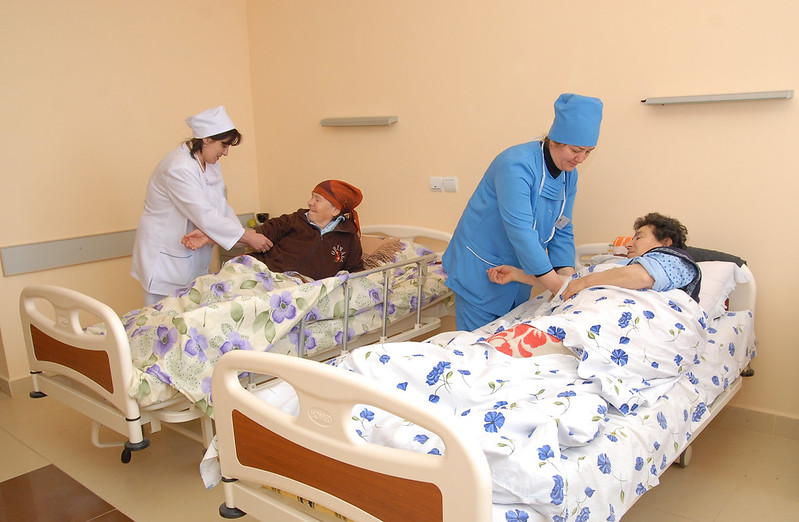 Cancer occurs in roughly 108 people per 100,000 people in Uzbekistan. Compared to the rest of the world, this rate is relatively low. However, Uzbekistan’s cancer mortality rate sits at around 67%, an alarmingly high number. Breast, stomach, and cervical cancers are the most common diagnoses. Luckily, Uzbekistan is working to change this.
Cancer occurs in roughly 108 people per 100,000 people in Uzbekistan. Compared to the rest of the world, this rate is relatively low. However, Uzbekistan’s cancer mortality rate sits at around 67%, an alarmingly high number. Breast, stomach, and cervical cancers are the most common diagnoses. Luckily, Uzbekistan is working to change this.
New Nuclear Medicine Center in Uzbekistan
The Uzatom Agency, the Uzbek executive authority responsible for implementing state policy for atomic energy use, and the S. Berezin Medical Institute (MIBS) have formed a partnership to open a new medical center to introduce modernized nuclear medicine in Uzbekistan. This project was announced at the St. Petersburg International Economic Forum and will be supported by the Ministry of Health of the Republic of Uzbekistan.
Founded in 2003, the S. Berezin Medical Institute established networks of diagnostic centers and providing new diagnostic technology and treatment methods. MIBS operates more than 80 centers across 60 cities in the Commonwealth of Independent States (CIS). Annually, MIBS provides more than 1.5 million MRI and CT scans, as well as 4,000 examinations every day.
Focusing on Nuclear Medicine in Uzbekistan
The agreement between the Uzatom agency and MIBS aims to focus on implementing nuclear medicine in Uzbekistan as an integral part of improving and modernizing the country’s healthcare system, specifically its oncology care system.
The center will have new, state-of-the-art equipment for numerous procedures and services. It could have technology capable of performing positron emission tomography combined with computed tomography (PET/CT), magnetic resonance imaging (MRI), computed tomography (CT), and high-precision radiosurgery systems, like Gamma Knife and CyberKnife. There are also plans to equip the center with a laboratory for the production of radiopharmaceuticals, radioactive drugs used for diagnostic imaging and treatment. Additionally, the center will provide radionuclide therapy and perform isotopic-based diagnostic research.
This new nuclear medicine center will improve upon Uzbekistan’s health care system by providing doctors with the technology to detect cancer earlier than previously possible, track metastases, and treat a patient’s tumors and complex diseases rather than defaulting to surgery and painful operations.
Improving Uzbekistan’s Health Care System
This project is part of Uzbekistan’s goal to modernize its health care system and to start rolling out reforms by 2026.
A series of reforms have already been established in the Syrdarya region of the country. As of September 2023, some achievements of these reforms include the establishment of a state health insurance fund, a more structured primary health care (PHC) system, new provider payments and contracts with health facilities, and advanced e-health information systems for pharmacies.
A report by the World Health Organization (WHO) specifically emphasizes the successes of the PHC reform in Syrdarya. It holds the following accomplishments in high regard: expanded roles and increased autonomy for nurses, greater capacity for family doctors to spend more time on complex cases, evidence-informed clinical guidelines and protocols, and stronger connections between PHC teams and community health organizations.
More Efficient and Organized
The successful execution of these reforms has laid a foundation for a more efficient and organized health care system beyond Syrdarya and across Uzbekistan. With the introduction of centers for nuclear medicine in Uzbekistan and other healthcare reforms in the works, the country is making great progress towards its goal of modernizing its health care system and creating a healthier country.
– Hannah Fruehstorfer
Hannah is based in Pittsburgh, PA, USA and focuses on Good News and Global Health for The Borgen Project.
Photo: Flickr
 Peru’s flourishing mining industry has spurred economic development, but this has exacted a heavy toll on
Peru’s flourishing mining industry has spurred economic development, but this has exacted a heavy toll on 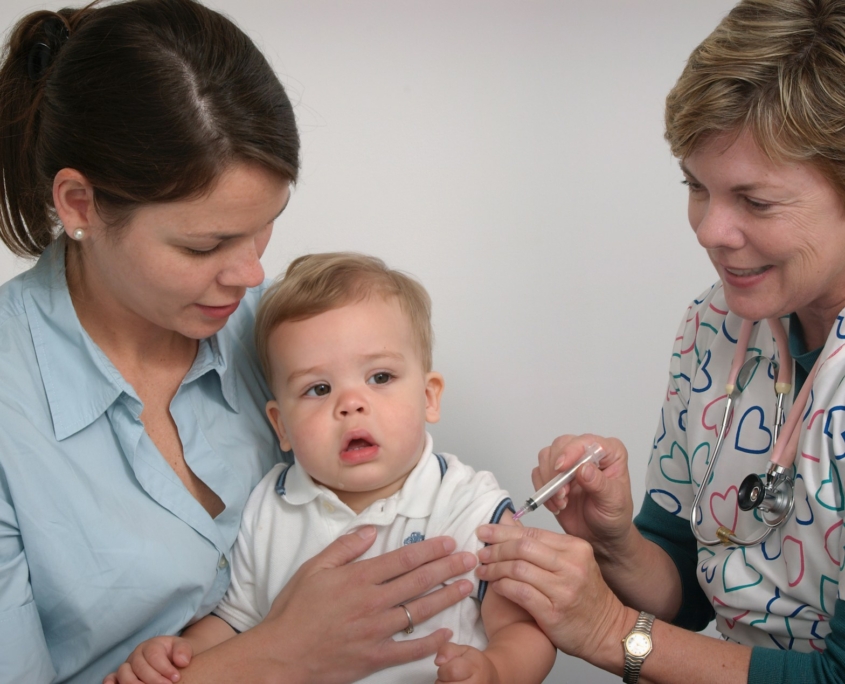 Spain has emerged as a global leader in protecting infants from
Spain has emerged as a global leader in protecting infants from 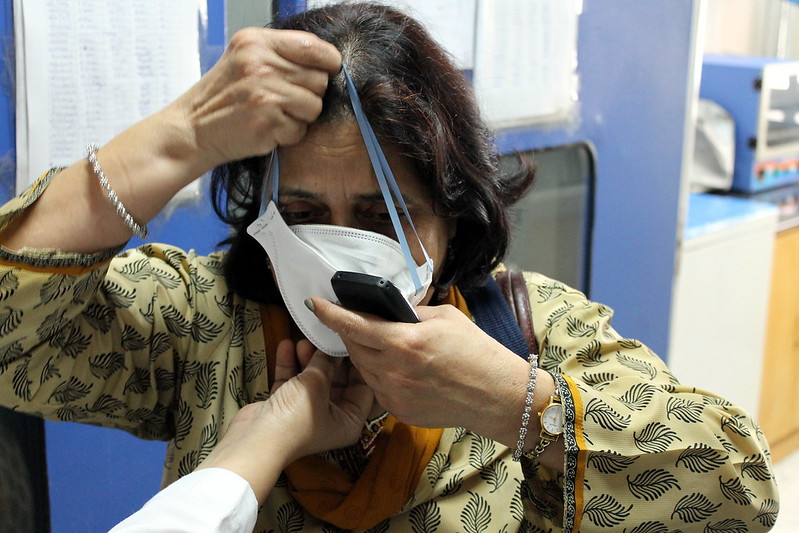 Recently, India’s Tuberculosis (TB) control program has treated more
Recently, India’s Tuberculosis (TB) control program has treated more  Trachoma is an infectious disease causing in-turning of the eyelids, visual impairment and often irreversible blindness. The disease is associated with crowded households and inadequate hygiene, access to water, and access to and use of sanitation, primarily affecting women and children within
Trachoma is an infectious disease causing in-turning of the eyelids, visual impairment and often irreversible blindness. The disease is associated with crowded households and inadequate hygiene, access to water, and access to and use of sanitation, primarily affecting women and children within 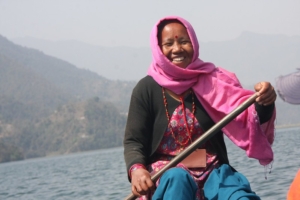 Among the
Among the  Tyla Laura Seethal,
Tyla Laura Seethal, 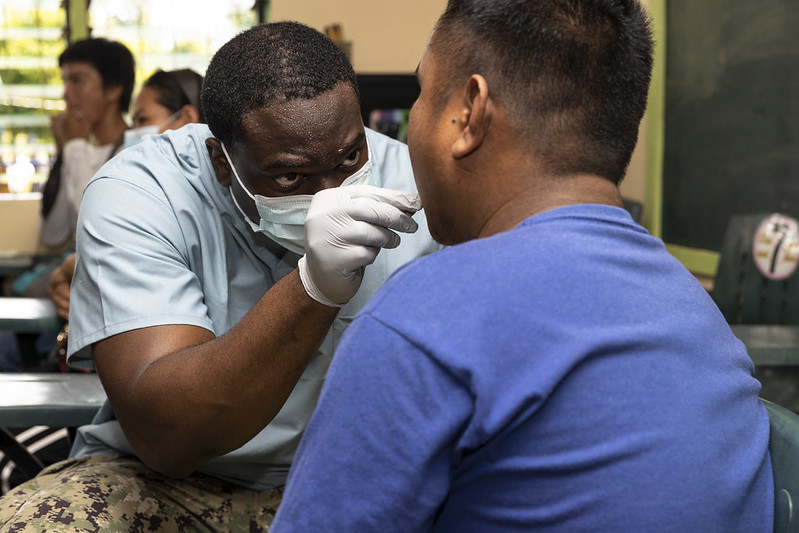
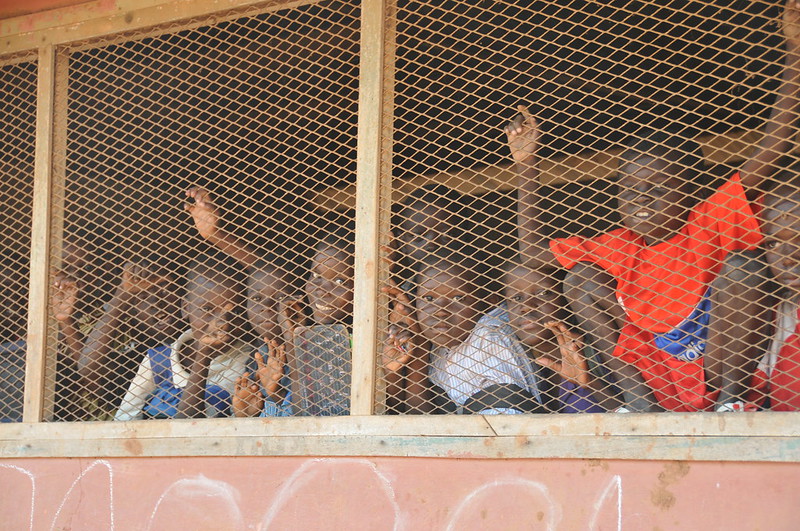 Malaria remains a major global health concern, especially in sub-Saharan Africa. In 2023, the World Health Organization (WHO)
Malaria remains a major global health concern, especially in sub-Saharan Africa. In 2023, the World Health Organization (WHO) 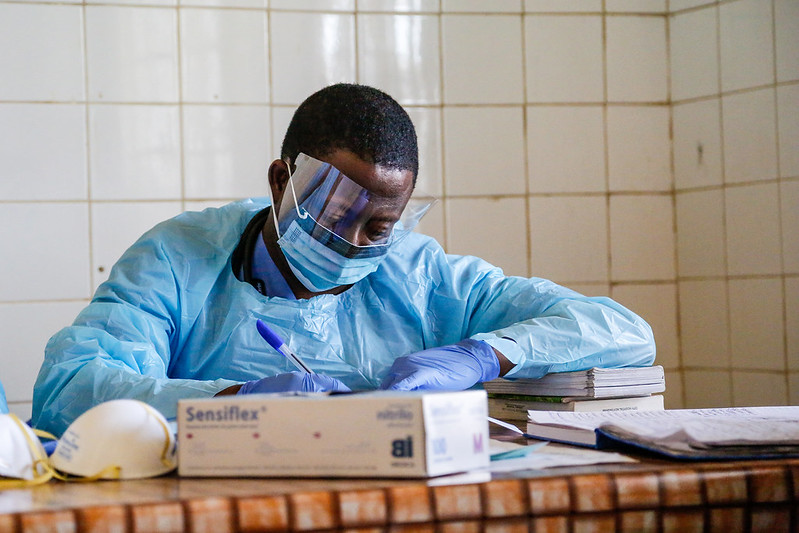 From 1991 to 2002,
From 1991 to 2002, 